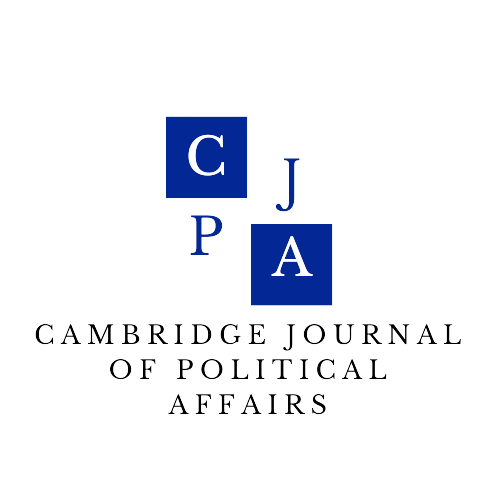Beyond Anthropocentrism: Interrogating the Roles of Language, Power, and Ideas in Maintaining Animal Exploitation
ABSTRACT
This paper critically examines the roles of Western linguistic and ideational norms in their supporting and legitimising of groups that perpetuate the exploitation of animals. This paper contains two sections. First, it examines the subject/object dichotomy, which positions humans as ‘subjects’ on account of their perceived moral agency and rationality whilst consigning animals to the status of ‘objects’ on account of their perceived irrationality and lack of moral agency. The section defines the ‘subject’ and discusses how specific manifestations of the subject/object dichotomy in language reinforce the anthropocentric ideas that contribute to a cultural acceptance of animal exploitation. In the second section, the paper synthesises a Foucauldian definition of ‘rationality’ with a Latourian approach to social relations and examines ideational norms that portray animals as irrational, along with the scholarly arguments supporting this thesis. The section concludes that adherences to anthropocentric norms and biases distort the framework within which these arguments are made. When applying a more appropriate framework, there is sufficient reason to conclude that animals are, in fact, rational. The paper closes by highlighting the importance of linguistic analysis in deconstructing anthropocentric norms and advocates for further research in this field through comparative methods.
